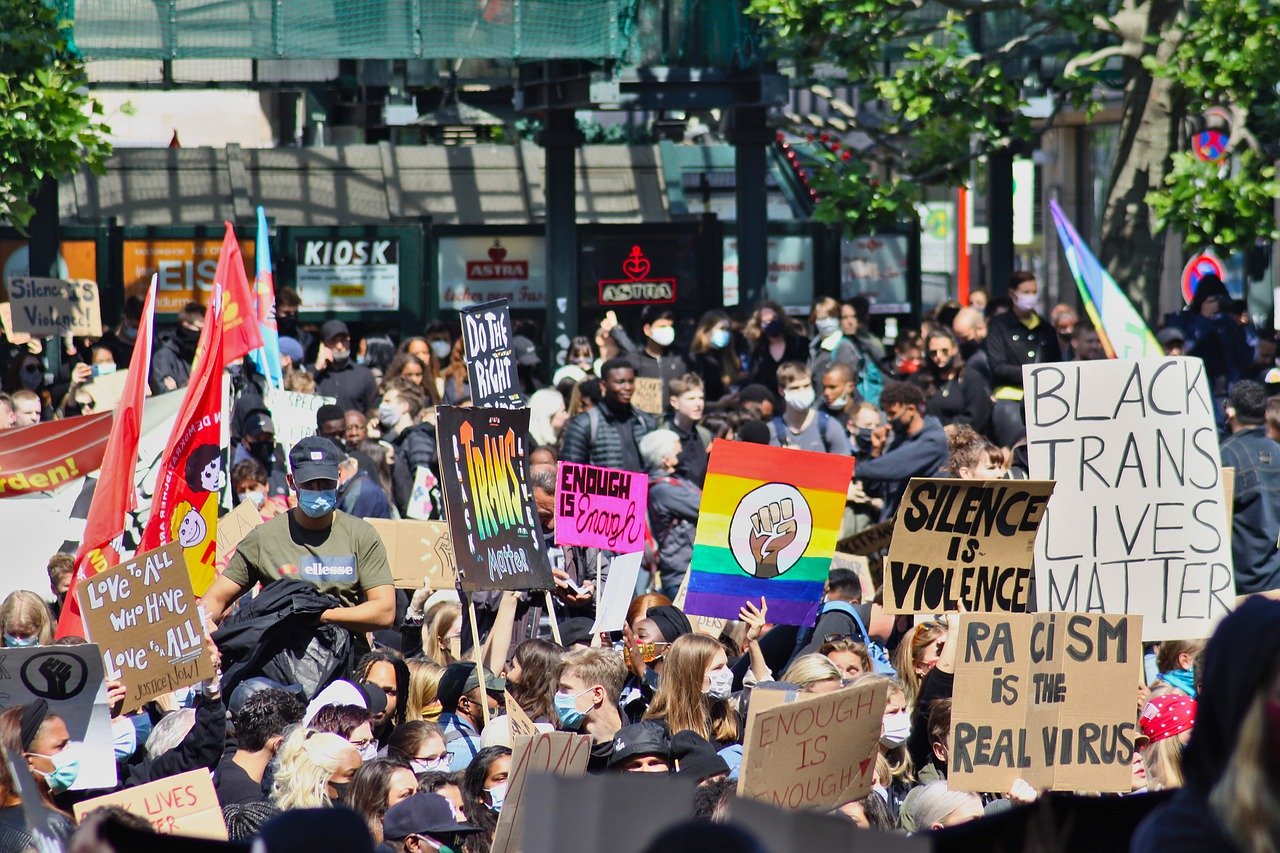Anything I say about systemic racism, the fight against police brutality and for shifting police departments towards a model that serves communities rather than terrorizes them, and the resulting turmoil and swelling societal push for reform – anything I say about these troubles in the United States would be simply inadequate.
We have the same issues in Canada but with a different history and story, concerning the treatment of the Indigenous peoples here, in addition to the string of incidents of police brutality against Black men and women. I feel anger around this kind of injustice in our society but somehow these days I feel grief as well – for all of us.
My heart bleeds for my colleagues in the U.S., in particular, for what is and what is not happening in your great country.
Part of this grief comes from the fact that racism and those who throw flames on the fire – both of these forces cast a shadow, a darkness on all the supposed hopeful, inspiring messages around the pandemic about “how we are in this together.” It calls attention to an uncomfortable and hard-to-hear truth that this togetherness is not granted to many people in our society.
As therapists, we know that when people are NOT HEARD, everything begins to fall apart, especially in face of such great injustice and the routine, brutal dismissal of those realities by both those in power.
However, it’s not what I can say that matters. It’s about what we – particularly for me as an older, privileged white woman – can learn by listening to the experiences of black and non-black people of colour. And then using that knowledge for change. Black lives matter.
It’s about educating ourselves about systemic racism and police brutality. Donating to organizations working to combat these problems, especially in one’s local area. Voting when the opportunity arrises for public officials who are committed to change.
And continuing to give of one’s skills and gifts to building better and more inclusive communities. I will further commit myself and my colleagues to doing what we can to support our black colleagues and their communities. I know there are initiatives to reach across and begin to try to help heal the racial trauma in the U.S. with our EFT skills and perspective.
It seems like a small contribution to a huge and terrible problem – but I will do what I can to be anti-racist and support them.

